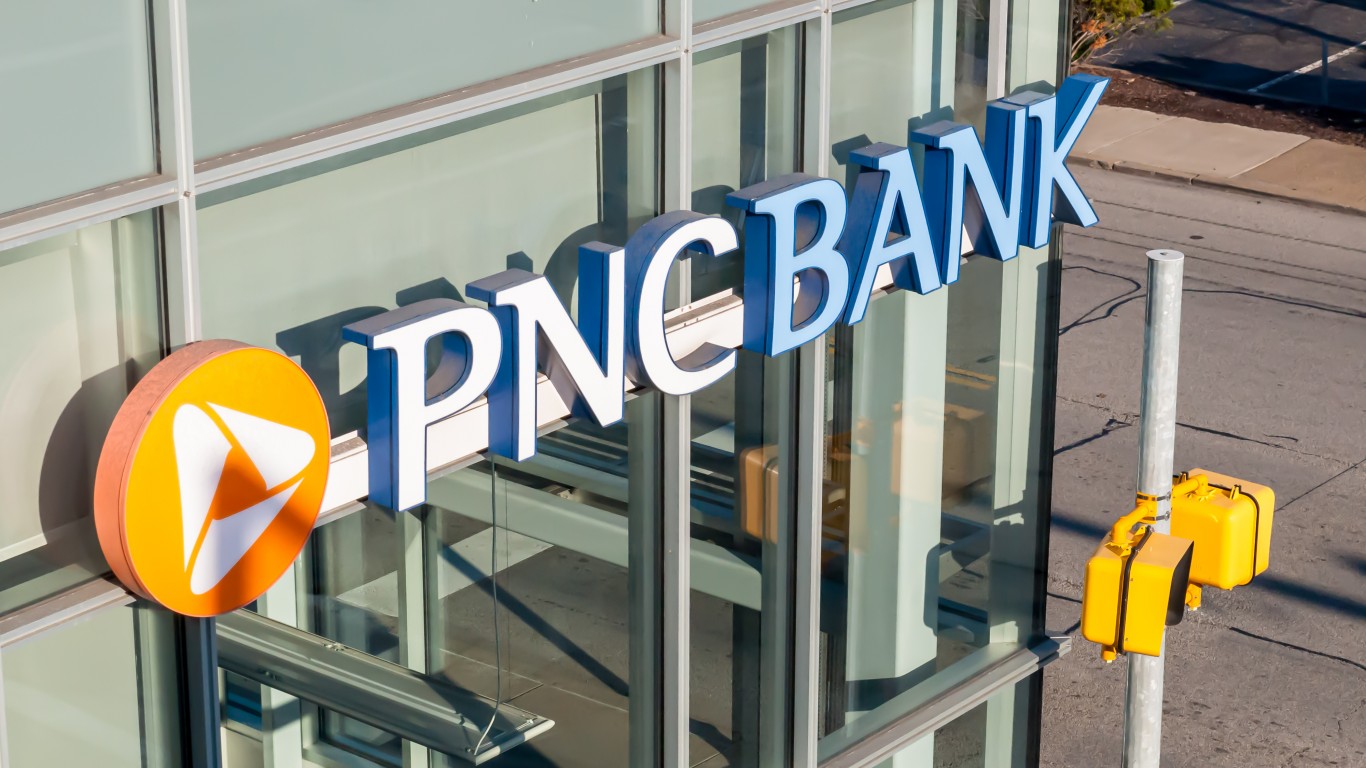Investing
Baby Boomers Are Using These Simple Strategies to Guarantee Retirement Security

Published:
Last Updated:

While getting to retirement age can be a blessing and a curse, the reality of counting on the U.S. government to provide for your needs is not the best idea. The full retirement age is 66 if you were born from 1943 to 1954. The full retirement age increases gradually if you were born from 1955 to 1960 until it reaches 67; for anyone born in 1960 or later, full retirement benefits are payable at age 67.
With the youngest baby boomers (Americans born between 1946 and 1964) approaching retirement age, it is becoming increasingly important to focus on five simple strategies that can ensure a prosperous and fully funded retirement. Recommended by some of the top retirement consultants, five simple strategies can make a world of difference for baby boomers in their golden years.

While watching the AI boom explode, the stock market higher month after month is tempting for many, the reality for baby boomers is that you already had a technology boom in the 1990s that helped to launch your 401k’s and pension funds higher. While some growth can be good to help counter sticky inflation, go with a small allocation of S&P 500 index funds like the SPDR S&P 500 ETF Trust (NYSEArca: SPY).

Baby boomers can’t risk the bulk of their assets being exposed to a stock market crash. A market crash, though devastating, is workable if you are in your 40s and making peak money. However, for baby boomers who have enjoyed unprecedented gains over the past 15 years, being overweighted to the stock market now is like picking up nickels in front of a bulldozer, and it could be a fatal shot to their retirement savings. Look at this data we dug up on the internet on the effect of major market crashes. The recovery time can be much longer than recessions or regular bear markets, sometimes taking decades:

High-yield money markets from major money center banks like PNC Financial Services Group Inc. (NYSE: PNC) currently pay a 4.45% yield monthly and have daily liquidity. Government bonds are insured by the full faith and credit of the U.S. government and can be bought through banks and brokerage firms.
The Federal Deposit Insurance Corporation (FDIC) insures certificates of deposits at FDIC-insured banks. The FDIC also insures other deposit products, such as checking and savings accounts, money market deposit accounts (MMDAs), and cashier’s checks. Capital One Financial Corp. (NYSE: COF) offers an 11-month CD that pays 4.50%. It is important to note that there can be penalties for early withdrawals of CDs.

Passive income is characterized by its ability to generate revenue without requiring the earner’s continuous active effort. It is a desirable financial strategy for those seeking to diversify their income streams to increase monthly cash payouts. The more passive income can help cover costly and rising costs like mortgage, insurance, taxes, and other expenses, the easier it is for investors to supplement Social Security or pension payments.
Most dividend investors seek solid passive income streams from quality dividend stocks. Shared ideas for earning passive income include investments like conservative dividend stocks, bonds, mutual funds, real estate, and additional income-producing vehicles.

We all like to buy nice things but also need to spend on dedicated monthly expenditures like mortgage or rent, utility bills, insurance for cars and homes, and many other must-have items. Pay off credit cards every month, as the rates they charge are staggering; as of November 2024, the average credit card interest rate is 24.61%. While the Fed’s September 2024 rate cut and the November cut of 25 basis points may help lower rates on other types of loans, it’s unlikely to impact credit card interest rates significantly.
In addition, pay off and cut up department store and other retailer credit cards. While using most major credit cards can help you rack up airline flyer miles or hotel benefits, retailer and other revolving debt credit accounts usually don’t offer any advantages.

With a will, you can direct where and to whom your estate will go after your death. If you died without a will, in most cases, your estate would be distributed according to your state’s law and could be caught up in probate for months, depending on where you live. Wills make the administration of your estate run smoothly.
There are also many other benefits of having a will, such as the ability to appoint guardians for any minor children, keeping a helpful record of assets that surviving relatives might not be aware of, limiting taxes payable on deceased estates, important decisions regarding medical care should a person be unable to and many other benefits.
Four Ultra-High-Yield Stocks Will Pay a Landslide of Monthly Dividends
The thought of burdening your family with a financial disaster is most Americans’ nightmare. However, recent studies show that over 100 million Americans still don’t have proper life insurance in the event they pass away.
Life insurance can bring peace of mind – ensuring your loved ones are safeguarded against unforeseen expenses and debts. With premiums often lower than expected and a variety of plans tailored to different life stages and health conditions, securing a policy is more accessible than ever.
A quick, no-obligation quote can provide valuable insight into what’s available and what might best suit your family’s needs. Life insurance is a simple step you can take today to help secure peace of mind for your loved ones tomorrow.
Click here to learn how to get a quote in just a few minutes.
Thank you for reading! Have some feedback for us?
Contact the 24/7 Wall St. editorial team.